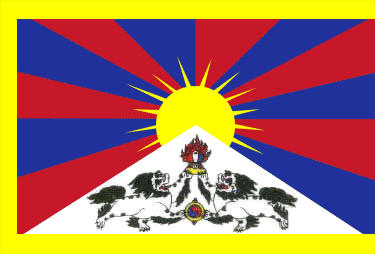|
About This Site |
|
I thought I'd tell you a little about the languages I've studied and others that I find interesting. To me, learning languages has turned out to be habit forming. I like to, in a way, collect languages. Two or three isn't enough. I want to know many. Of course I realize that I'm lucky not to find it too difficult, up to a point. Unfortunately, I haven't managed to become fluent in any language, other than my own - Swedish, and English, (or as I prefer to call it - Anglo). It's not just the language in itself that interests me. When you study a language, you learn a lot about the country or countries where the language is spoken. The literature, the art, the music, the history - all kinds of things are a part of the language studies. Tibet which isn't a recognized nation today, has an incredibly fascinating culture, and if I could, I'd love to learn Tibetan, though it must be tremendously difficult for me, since it belongs to another language family than any language I have learned so far. Besides, they also use another alphabet. Tibetan is spoken only by about 1 million people, but in Bhutan a tibetan dialect is spoken - dzongkha, by about 2 million people. The culture of Bhutan is very similar to that in Tibet. One very interesting aspect of tibetan culture is that not only polygamy (marriage to more than one woman), but also polyandry (marriage to more than one man) is practiced in some regions. That means women sometimes have more than one husband. The husbands are often brothers. Click on the links below, to read more about each language. Swedish Another thing you can do, is to take advantage
of the internet. There are news sites, in many different languages
and sometimes free literature for download. Of course there are
all kinds of web pages in many different languages. Apart from that,
there are also sites dedicated to the study of languages, with forums
and chat rooms, where you can use the language. I've chatted with people in French, German, Spanish
and Italian (not always completely successfully, I might add). Unfortunately,
not everyone you encounter want to help you out. Instead they choose
to get by in their own, not always so great, English. But if you
do meet someone who wants to help you, it's the best. Much better
than any dictionary. You can also use the computer offline. I've bought a language software, Languages of the World. Most of the major languages of the world are available on those CD:s, but I think it might be best to just use the program to practice languages you've already studied, rather than starting out with a new language. Some language resources:
Swedish
online 1
|
